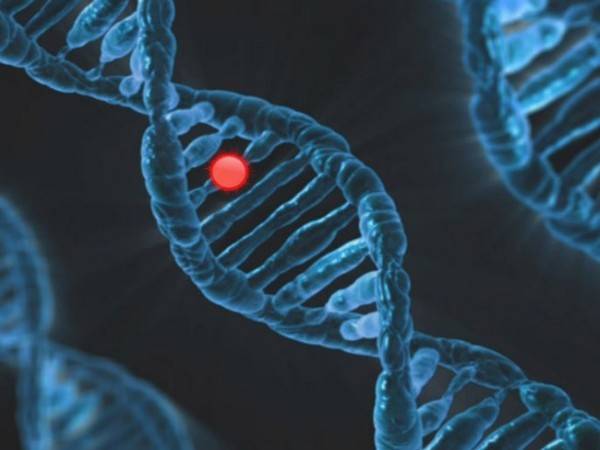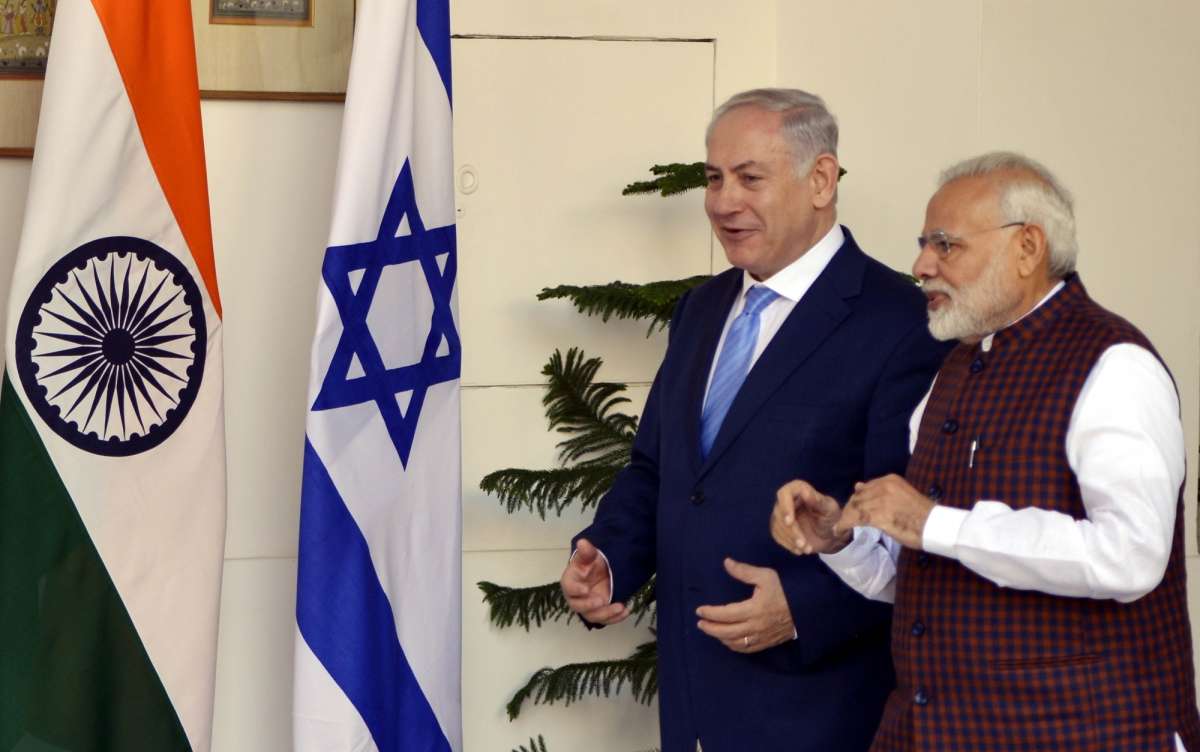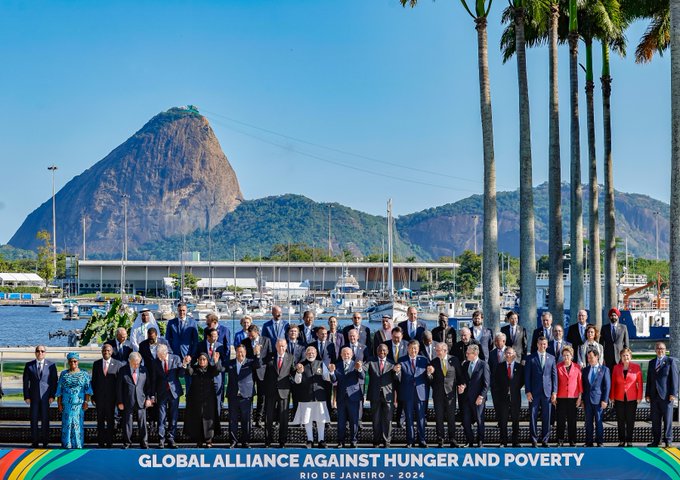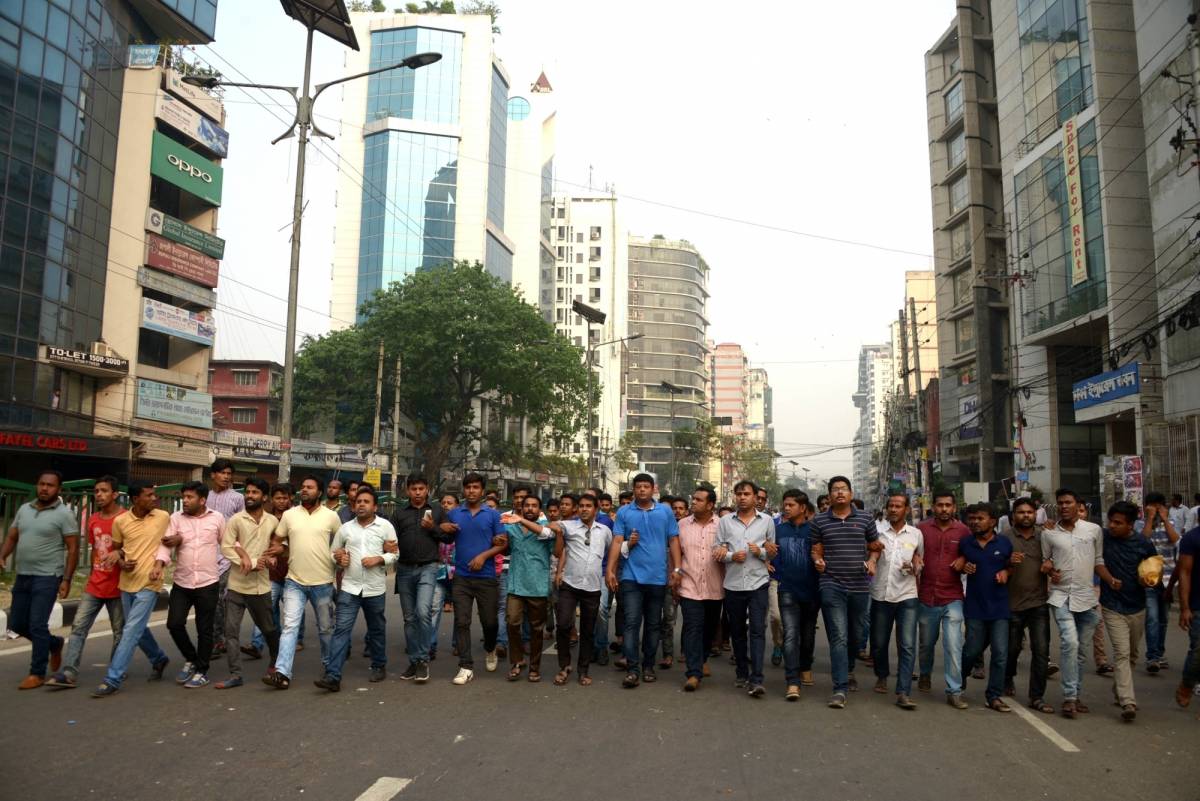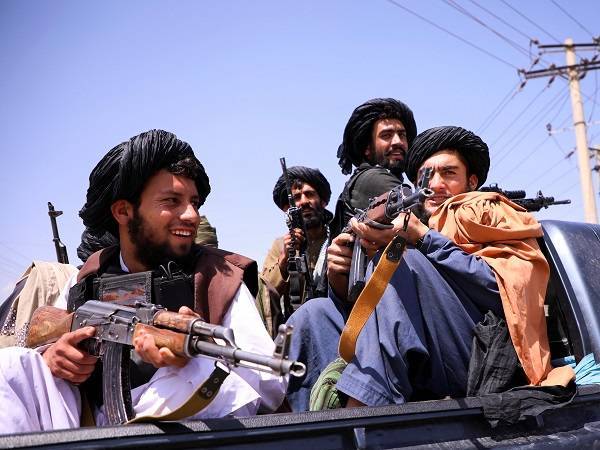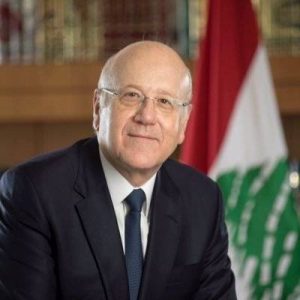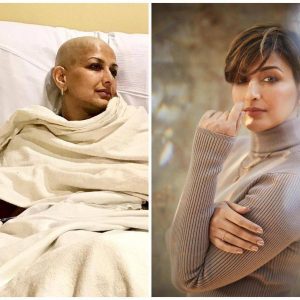For those who are unable to pay for their medicines, they have to stop their treatment, which could have a detrimental effect on their health…writes Dana Halawi
Abbas Nasreddine, a Lebanese citizen in his 60s, has been battling lymphatic cancer for more than two years. But four months ago, he was forced to stop treatment temporarily due to a lack of cancer medicines in Lebanon.
Nasreddine, who was prescribed Imbruvica for life, was finally able to purchase his medicines from the local market recently. Still, he is not sure if he could buy it in future as Lebanon’s lingering financial crisis has made it increasingly difficult to obtain such medicines.
“I am very worried, because I do not know if my treatment could continue or not,” he said.
Since Lebanon was hit by a financial crisis in 2019, the value of the Lebanese currency against the U.S. dollar has decreased by more than 90 percent. Lebanon’s central bank has steadily reduced subsidies for a variety of commodities that were pegged to a fixed exchange rate, Xinhua reported.
Lebanon still subsidizes patients suffering from a number of chronic diseases, such as cancer. However, due to a lack of medicines, wealthier patients have to buy medicines either on the black market or from other countries through family or friends at higher prices.
For those who are unable to pay for their medicines, they have to stop their treatment, which could have a detrimental effect on their health.
Mohamed Jaber, a pharmacist and secretary-general of the Order of Pharmacists of Lebanon, blamed the drawn-out procedure of Banque Du Liban (BDL), Lebanon’s central bank, for the medicine shortage.
Due to the financial crisis, the BDL asks medicine importers to obtain prior authorization. Such authorization is necessary for BDL to open letters of credit, which is required to import subsidized medicines, said Jaber.
The procedure usually takes a long time and delays the delivery of new shipments, sometimes making it difficult for patients to receive what they need, he said.
The shortage of cancer medicines has forced a big number of patients to stop their treatment, which has led to the deterioration of their health, said Nizar Bitar, a hematology and oncology medicine professor at the Sahel hospital in Beirut.
“Cancer patients have to take their medicines regularly, on time and in accordance with specific guidance. Because of a lack of medicines, we were sometimes obliged to provide outdated or less effective treatments to patients rather than new ones that would have improved their quality of life,” Bitar said.
Bitar said that some treatments involve the prescription of several medicines, but when one of them is unavailable, the doctor is compelled to change the treatment without being able to evaluate its consequences properly.
Some cancer patients in Lebanon have expressed their worry and concerns over the country’s failure to ensure necessary treatments for patients with cancers and other chronic diseases.
Fawzia Fayad, a woman who failed to survive cancer under the medicine shortage, was among one of a few outspoken Lebanese to voice concern about the country’s medicine shortage. She passed away on March 3 at 24, after failing to get proper medication.
In the past few months, Lebanese Prime Minister Najib Mikati has on many occasions called on international bodies and donor countries to support Lebanon’s cancer-fighting patients amid the current economic crisis.
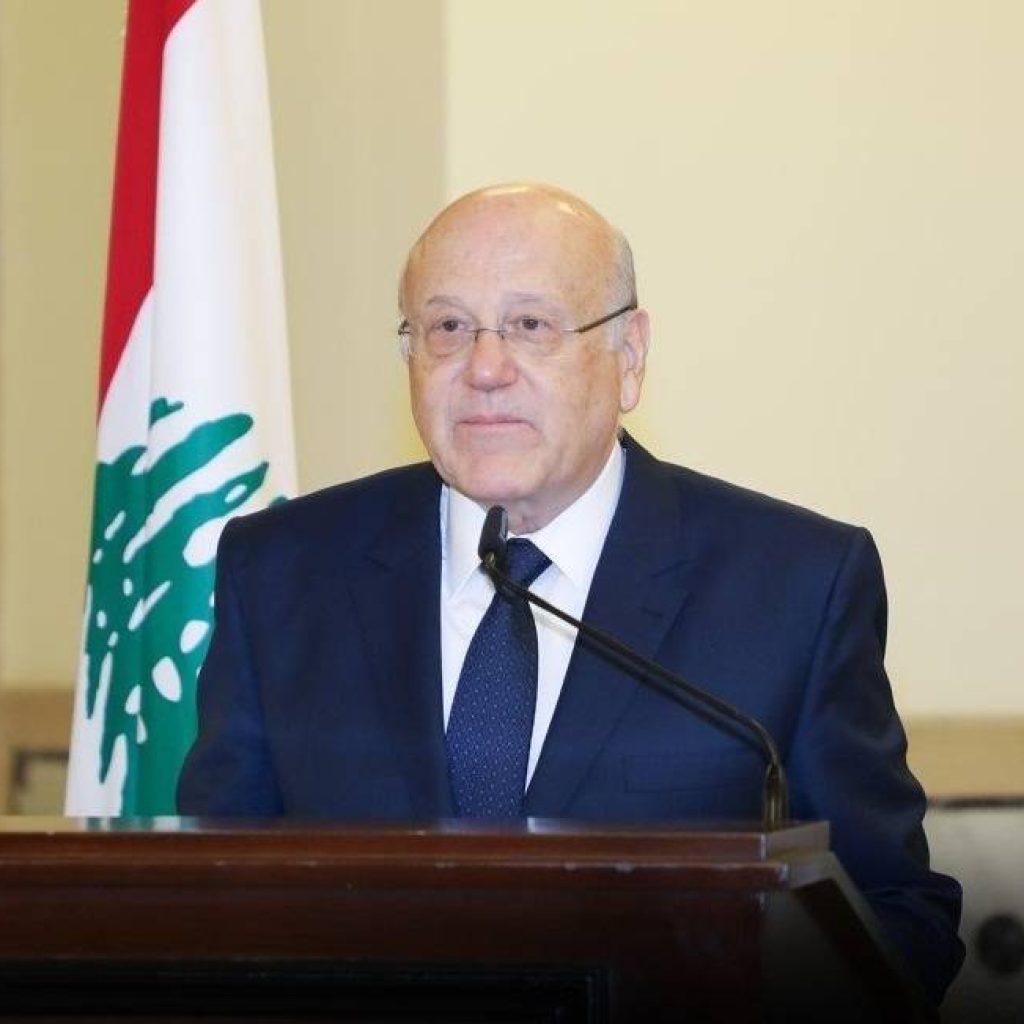
At a parliamentary health committee meeting on Monday, he promised to allocate more funds for cancer medication.
However, Jaber believed that the Lebanese government wouldn’t be able to resolve this problem anytime soon because of the severe financial crisis.
The best solution now is to allow importers to bring in non-subsidized cancer medicines to ensure they are available on the local market, even if at higher prices, he added.


